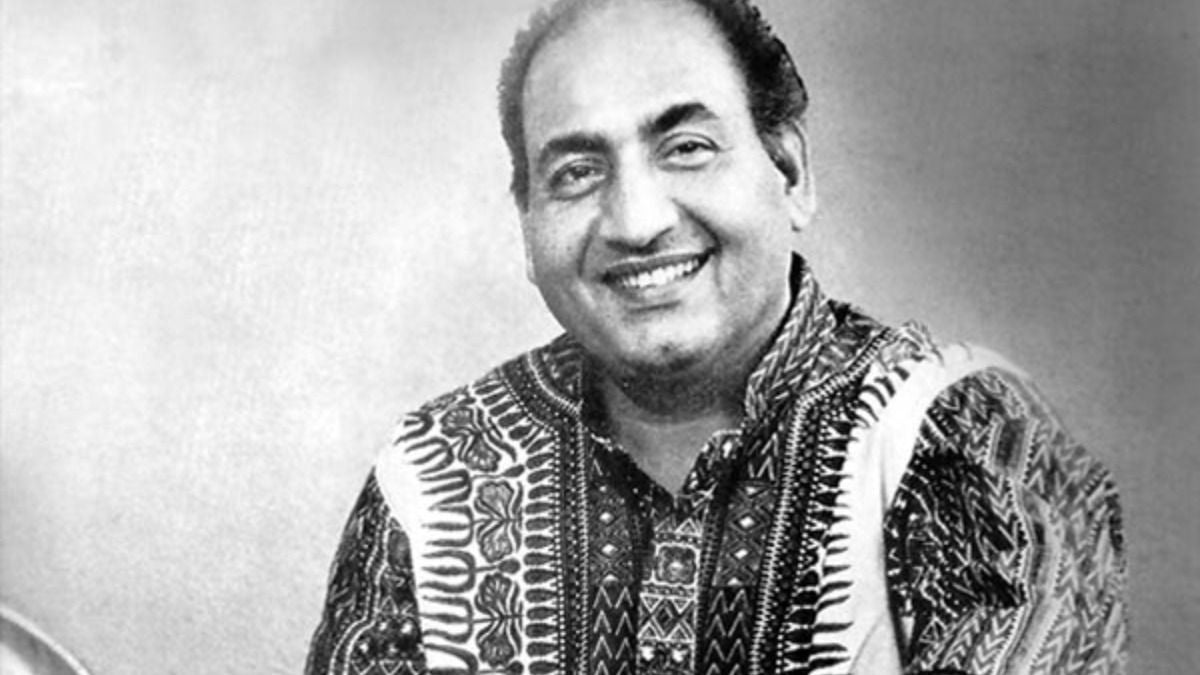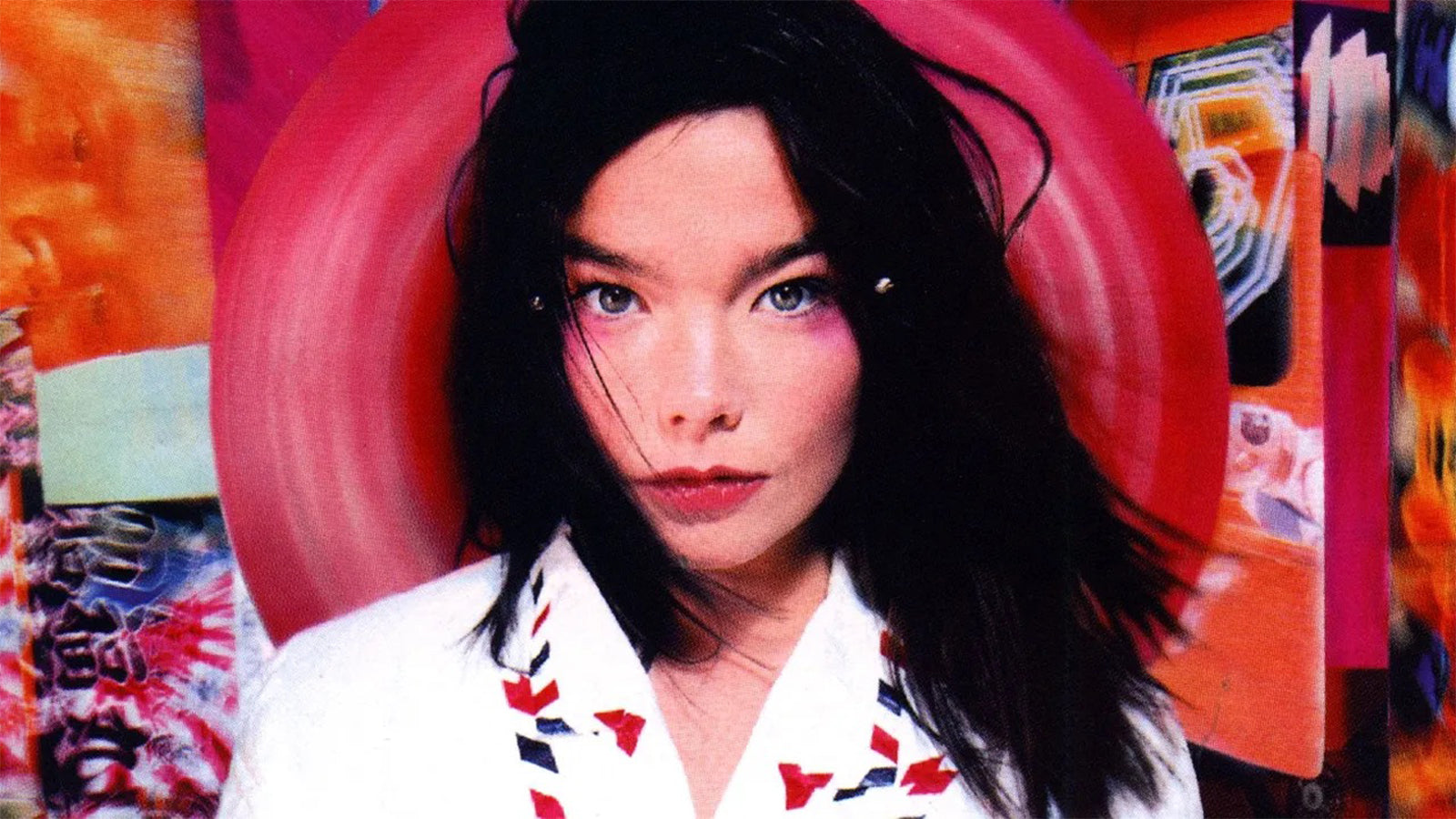Push Play: Coming Down to Ed’s Next

Ed Sheeran’s rise has often been framed as a fairy tale, but its reality is one of discipline and persistence. Long before the chart records and stadium tours, he was a teenager in Suffolk writing compulsively, recording in his bedroom, and burning homemade CDs. By the time he moved to London, he was playing several open mics a night, busking on street corners, and handing out copies of self-released EPs.
What seemed like a sudden breakthrough with SBTV and Elton John’s mentorship was, in truth, the inevitable outcome of years spent testing songs in small rooms.
His debut, + (2011), distilled the intimacy of those early performances. Songs like “The A Team” and “Lego House” leaned on minimal arrangements. With x (2014), the palette expanded. Rick Rubin and Pharrell pushed him into sharper rhythm and bolder production, with “Sing” and “Don’t” planting him firmly inside pop’s centre. ÷ (2017) made him a global figure. “Perfect” cemented his place as a pop balladeer, while “Shape of You” dominated charts worldwide.
The pandemic years drew him back to smaller frames. = (2021) was an album of recalibration—grief, fatherhood, the anchoring of domestic life. - (2023), shaped with Aaron Dessner, was starker still: acoustic, pared down, its honesty cutting through any need for polish. With it, the mathematical cycle closed, a decade-long arc brought to its natural end.
Play launches a new five-part cycle—Play, Pause, Rewind, Fast-Forward, Stop. Sheeran has described the record as rooted in joy, and its singles reflect that ethos. “Azizam” carries Persian inflections, “Old Phone” turns nostalgia into melody, and “Sapphire,” with Arijit Singh, bridges Indian and Western traditions with ease.
Across club sets and stadium runs, the constants are a loop pedal, a plain-spoken lyric, and a chorus engineered to travel. His story is persistence and reinvention—proof that, even at the height of fame, an artist can begin again.
‘Play’ Album Trailer
Beginnings in Suffolk
Ed Sheeran’s journey began in his bedroom in Framlingham, Suffolk, recording demos and burning homemade CDs. Moving to London, he busked on street corners, rushed between open mics, and often slept on sofas. Crowds were small and indifferent, but those nights forged the persistence and craft that later carried him onto the world stage.
‘Grow Back’
Ed Sheeran in 2008
Self-Released EPs
Long before major labels, Ed self-released EPs like Loose Change and Songs I Wrote With Amy. These recordings were raw but revealed his instinct for melody. They helped him build a small but loyal following.
SBTV Breakthrough
In 2010, Ed’s SBTV session went viral. Just a guitar and his voice, filmed by Jamal Edwards, it introduced him to thousands overnight. What seemed sudden was actually the result of years of invisible grind.
Elton John’s Patronage
Elton John noticed the young songwriter’s relentless work ethic. He became a mentor, helping Ed navigate the industry. This patronage gave him credibility, but it was earned through persistence.
x (2014)
With x, Sheeran stretched his palette. Rick Rubin pushed him toward raw, stripped tracks like “Tenerife Sea,” while Pharrell added rhythmic brightness to “Sing.” The album blended hip-hop cadences with folk-pop intimacy, showing he could scale up production without losing sincerity. It was eclectic, restless, and bold.
÷ (2017)
÷ was maximalist pop. It swung from Irish folk on “Galway Girl” to glossy ballads like “Perfect” and the global juggernaut “Shape of You.” Sheeran proved he could dominate streaming while still drawing from traditional influences. The album was both adventurous and carefully engineered for mass appeal.
The ‘Shape of You’ Phenomenon
Released in 2017, “Shape of You” became one of the most successful singles of all time. It topped charts in more than 30 countries, broke streaming records, and is still among the most-played songs in Spotify’s history. For Sheeran, it marked a new level of ubiquity—proof he could dominate global pop while remaining a solo songwriter. The track cemented him not just as a hitmaker but as one of the defining artists of his generation.
No.6 Collaborations Project (2019)
After the runaway success of ÷, Ed Sheeran shifted gears with No.6 Collaborations Project. Rather than carrying the album alone, he built it on partnerships with artists across genres—Justin Bieber, Travis Scott, Khalid, Stormzy, and more. The record blurred pop, hip-hop, and R&B, proving Sheeran could adapt his songwriting to almost any style without losing his core identity.
= (2021)
= carried the weight of personal change. Songs like “Visiting Hours” mourned loss with quiet restraint, while “Shivers” brought upbeat pop sparkle. Acoustic textures sat beside polished hooks, reflecting a balance between introspection and mainstream appeal. It was a transitional album, caught between grief and renewal.
- (2023)
Produced with Aaron Dessner, Subtract pared everything back. Acoustic guitars, hushed vocals, and muted textures created stark emotional landscapes. Songs like “Eyes Closed” addressed grief with honesty, while others carried the gentle ache of solitude. It was his most vulnerable work, closing the “maths” cycle with intimacy.
Autumn Variations (2023)
Following Subtract, Autumn Variations was a quieter, more experimental record. Inspired by Elgar’s Enigma Variations, each track was written for or about a friend, capturing moments of love, anxiety, and change. It was the first album on his own label, Gingerbread Man Records, emphasizing independence and artistic freedom.
Sapphire
Ed Sheeran and Arijit Singh; Play (2025)
In 2024, Ed Sheeran teamed up with Arijit Singh on “Sapphire” from his album Play. The collaboration blended Sheeran’s melodic pop with Arijit’s emotive vocal style, creating a seamless bridge between Western and Indian traditions. For Sheeran, it marked a deliberate step toward deeper global connections, showing his music’s ability to cross languages and cultures without compromise.
Azizam
Ed Sheeran – Looper Performance Live from Old Delhi
Ed Sheeran proves his progress by playing an early voice recording
On The Jonathan Ross Show, Ed Sheeran played an old recording of himself struggling to sing as a teenager. The clip highlighted that his success wasn’t a product of effortless talent, but of years of discipline, practice, and persistence in honing his craft.




Comments
MRS DEJANA IVICA — 1 day ago
TANGIBLE INFORMATION ABOUT LOAN PLANNING… THIS HAPPY NEW YEAR..
This is not a normal post that you see every day on the internet where people give fake reviews and false information about excellent financial assistance. I am aware that many of you have been scammed and that fake agents have taken advantage of those seeking loans. I will not call these normal reviews, I will call this situation where I live a witness to how you can get your loan when you meet the company’s requirements. It really does not matter if you have a good credit rating or government approval, all you need is a proper ID card and a valid IBAN number to be able to apply for a loan with an interest rate of 3%. The minimum amount is 1000 euros and the maximum amount that can be borrowed is 100,000,000 euros. I give you a 100% guarantee that you can get your loan through this reliable and honest company, we operate 24 hours online and provide loans to all citizens of Europe and outside Europe. They sent me a document that was checked and tested before I got the loan, so I invite anyone who needs a loan to visit them or contact them via email: michaelgardloanoffice@gmail.com
WhatsApp for Europe: +38591560870
WhatsApp for USA: +1 (717) 826-3251
After you contact them, let them know that Mrs. Dejana Ivica from Zagreb gave you the information. Seeing is believing and you will thank me later when you get a loan from them. I made a promise that after I get a loan from them, I will post the good news to everyone online. If you have friends or relatives, including colleagues, you can tell them about this offer and that it is happening.
Tracy —
HIRING GENUINE HACKERS TO CONSULT RECOVERY SPECIALISTS
I want to sincerely thank Safeguard Recovery Expert for their extraordinary skill; they are real heroes, and I wish I had met them sooner rather than reaching out to other hackers for help. If you read this comment, you might be able to get your hacked or blocked bitcoin investment back. I’m posting it for anybody who have been affected by cryptocurrency investment, mining, and trading frauds.
Email:
safeguardbitcoin@consultant.com
Website: safeguardbitcoin.wixsite.com/safeguard-bitcoin—1
WhatsApp:
+39 (350)-976-(4936) //// +49 (1573) – (355)-(9226)
Usman Bello —
ALPHA KEY BTC RECOVERY: SEEK ADVICE FROM A LICENSED CRYPTO RECOVERY HACKER
Only a small number of skilled hackers has the special hacking knowledge and abilities needed to recover lost Bitcoin. Although there are a lot of recovery websites available, it’s crucial to exercise caution because 99% of them are run by con artists who pose as trustworthy businesses. It is preferable to go for a reliable hacker who can assist you in getting your money back, such as Alpha Key BTC Recovery. I lost $326k in Bitcoin due to mining, but they were able to retrieve it. contact info below
Mail : Alphakey@consultant.com
Website : www.alphakeyrecovery.com
WhatsApp contact :15714122170
Signal contact:15403249396
GH —
USA UK CANADA FULLZ AVAILABLE
FRESH DATABASES & VALID INFO
Guaranteed stuff with replacement offer
SSN DOB DL ADDRESS USA
SIN DOB ADDRESS MMN CA
NIN DOB DL ADDRESS SORT-CODE UK
REAL DL & ID Front Back with Selfie
Children Fullz 2011-2023
Young Age & Old Age Fullz
CC Fullz with CVV & Billing Address
Dumps with Pin Track 101 & 202
Contact for any query & order here:
TG – @ leadsupplier / @ killhacks
What’s App – (+1).. (727). (788). (6129).
TG Channel – t.me/leadsproviderworldwide
VK Messenger ID – @ leadsupplier
E-mail – bigbull0334 at gmail dot com
*(Be aware from scammers using our cloned names on TG)
Providing fresh stuff with 100% guarantee
80% to 90% connectivity ratio
All stuff will be fresh & genuine
USA FULL NAME SSN DOB DL ADDRESS PHONE EMAIL ACCOUNT & ROUTING NUMBER
UK FULL NAME NIN DOB DL ADDRESS PHONE EMAIL SORT CODE & ACCOUNT NUMBER
CANADA FULL NAME SIN DOB ADDRESS PHONE EMAIL MMN
#SSN #SSNDOBDL #SellSSN #CCShop #CCSELLCVV #ShopSSNDOBDLADDRESS #FULLZ #SSNFULLZ
#REALDLSCAN #YoungAgeFullz #Fullzseller #USAFULLZ #FULLZUSA #SellerSSNDOB #ShopSSNDOB
#SIN #SINDOBDL #SellSIN #SINMMNFULLZ #MMNPROSSIN #MMNSIN #CCShop #CCSELLCVV #ShopSINDOBDLADDRESS #FULLZ #SINFULLZ
#REALDLSCAN #YoungAgeFullz #Fullzseller #CANADAFULLZ #FULLZCANADA
#NIN #NINDOBDL #SellNIN #CCShop #CCSELLCVV #ShopNINDOBDLADDRESS #FULLZ #NINFULLZ
#REALDLSCAN #YoungAgeFullz #Fullzseller #UKFULLZ
Other stuff we’re providing as well, listed below:
===========
DL Front back with selfie USA|UK|CA|AUS|GR|FR|RU|CHINA e.t.c
Fullz with MVR & W-2 Form
Business Pros Company fullz with EIN
High credit scores pros (700+ score)
Dead fullz bulk quantity
Tax return filling fullz (FASFA|UBER|DOORDASH|SBA|PUA|UI|BENEFITS)
USA Fullz with DL Front Back with SSN & Selfie
Email Leads available in different categories:
===========
Crypto Leads
Fresh Sweep Stakes
Business P2P leads
Medical Leads
Education Leads
Country wise Leads
Bank Details Leads with phone numbers
Specific States & Cities Leads USA UK CAN
Car Database leads with registration No.
Doctor’s Leads
Health Leads
Facebook|Amazon|LinkedIn|Ebay Leads
Payday Leads
Mortgage Leads
All type of Sp’a’mming Tools & Tutorials are available for learning purpose.
>SMTP
>RDP
>BRUTES
>SHELLS
>C-panels
>Web-Mailers
>Bulk SMS & E-Mail Senders
>Sc@mpages & Scripting
>Cash out & Carding Tutorials
>H@cking Tools & Tutorials
Many other Stuff we can provide on demand as well
Feel free to contact with us, we’ll assist you 24/7
We’re providing stuff for learning to make money as well
Proper guidance & assistance will be provided
Waiting for you guy’s
Here we are for you:
-TG – @ leadsupplier / @ killhacks
-What’s App – (+1).. (727). (788). (6129).
-TG Channel – t.me/leadsproviderworldwide
-VK Messenger ID – @ leadsupplier
Bram Orrie —
HOW I RECOVER $850 FROM FAKE INVESTMENT BROKER ONLINE
I’m grateful to THE HACK ANGELS RECOVERY EXPERT for helping me recover my stolen Bitcoin. After losing funds to a fake platform, I felt hopeless. I am deeply grateful for their support. If you have fallen victim to a Bitcoin scam or any other form of cryptocurrency fraud, don’t give up. Reach out to THE HACK ANGELS RECOVERY EXPERT Contact:
WhatsApp (+1(520)200-2320
Email at support@thehackangels.com
Website at www.thehackangels.com
If you’re in London, you can even visit them in person at their office located at 45-46 Red Lion Street, London WC1R 4PF, UK.